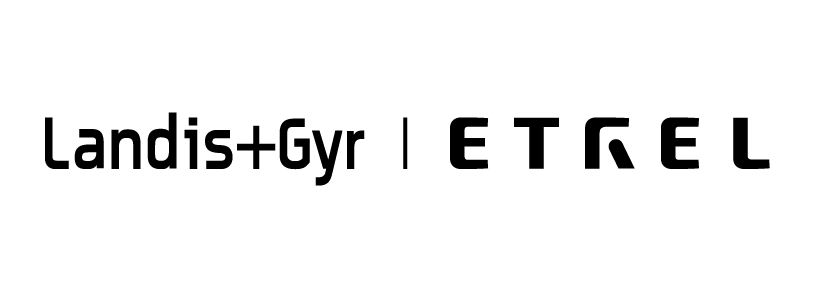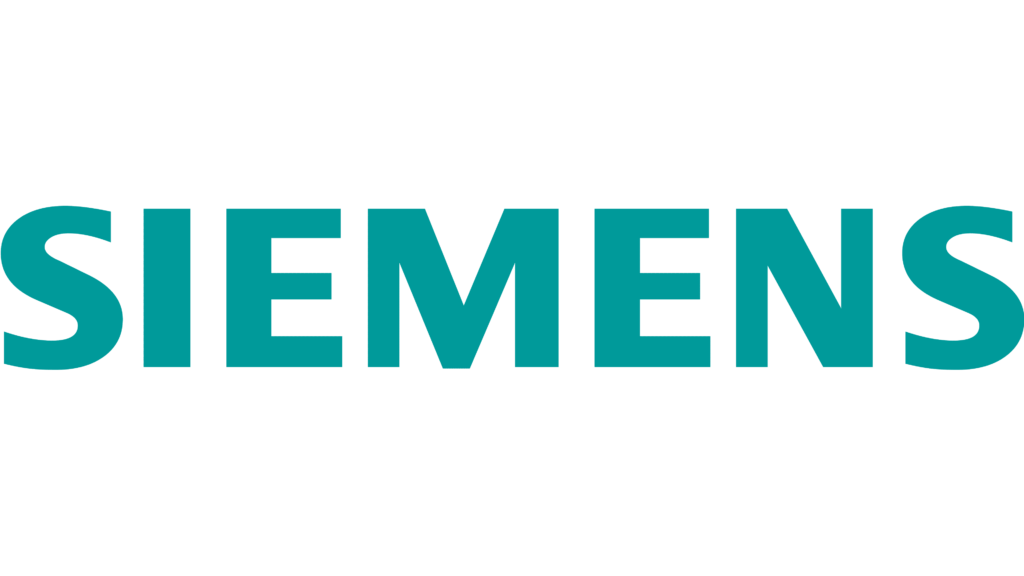Q: What are the benefits of switching to electric vehicles for my fleet?
A: There are several benefits to switching to electric vehicles, including: lower operating costs, reduced greenhouse gas emissions, improved energy efficiency, and increased driving range with advancements in battery technology.
Q: What do I need to know about charging infrastructure for my fleet of electric vehicles?
A: To ensure seamless charging for your fleet, you will need to assess your current charging infrastructure. Consider the types of charging you will require, such as AC charging at your workplace or DC fast charging. You may also want to install charging stations at your workplace or other locations where your vehicles frequently park.
Q: What are the differences between AC and DC charging?
A: AC charging, or Level 1 and Level 2 charging, is the slowest type of charging and typically occurs at a workplace or at home. DC fast charging, on the other hand, is much faster and is typically used for longer-distance travel. The charging speed for DC fast charging can be up to 350 kW. Check out our range of Commercial EV chargers here.
Q: What is the typical cost of charging an electric vehicle?
A: The cost of charging an electric vehicle varies depending on the cost of electricity in your area and the size of the vehicle’s battery. On average, it can cost anywhere from €0.10 to €0.20 per kilowatt-hour to charge an electric vehicle.
Q: How long does it take to charge an electric vehicle?
A: The charging time for an electric vehicle depends on the type of charging and the size of the battery. AC charging can take several hours, while DC fast charging can take as little as 30 minutes.
Q: Are electric vehicles safe to drive in heavy rain?
A: Yes, electric vehicles are safe to drive in heavy rain. However, it’s important to take the same safety precautions that you would take when driving in any type of precipitation. This includes slowing down, allowing for extra stopping distance, and being mindful of reduced visibility.
Q: How does the maintenance and repair cost of electric vehicles compare to traditional gasoline-powered vehicles?
A: In general, electric vehicles have fewer moving parts than gasoline-powered vehicles and require less maintenance. However, maintenance and repair costs can vary depending on the make and model of the electric vehicle.
There are new Government incentives for businesses who wish to install electric vehicle charging infrastructure. To learn more visit Malta Enterprise website.
Q: What is the difference between 1-phase and 3-phase charging stations?
A: The advantages of a 3-phase connection are a faster charging time and multiple batteries can be charged at the same time. However, the battery of the car must be suitable for 3-phase charging.













